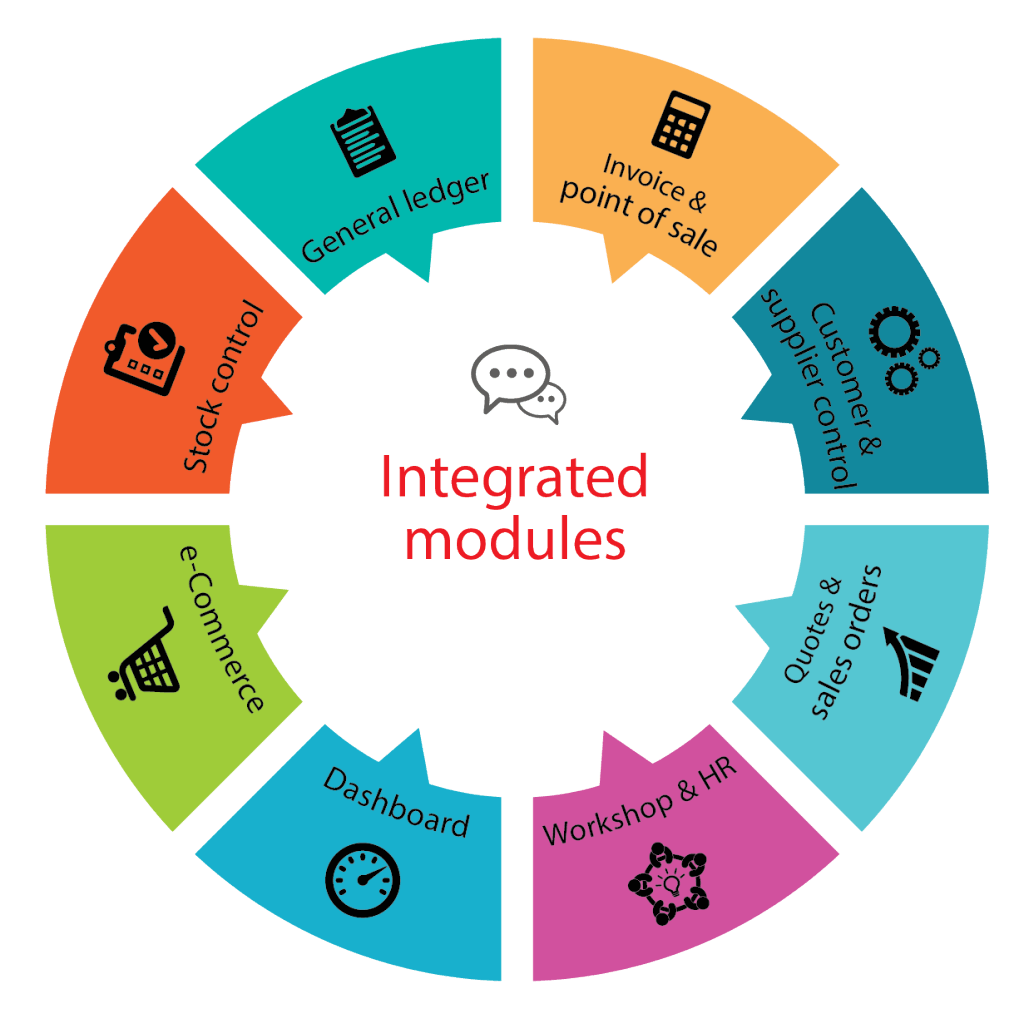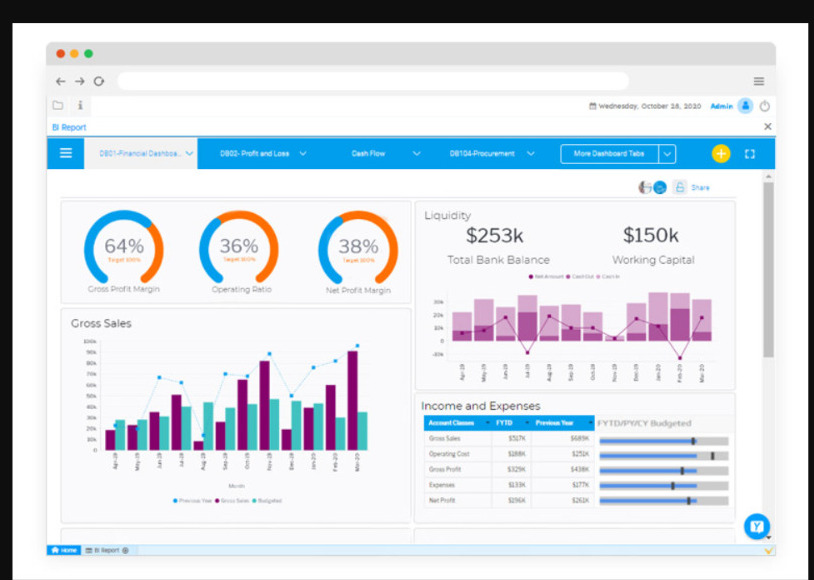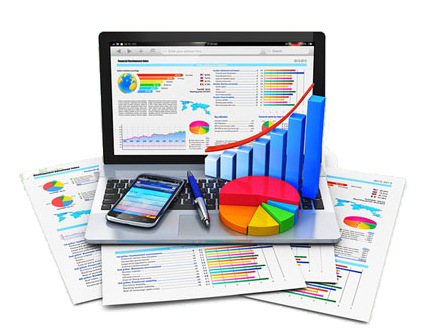
Online accounting software refers to computer programs or applications that are designed to assist businesses and individuals in managing their financial transactions, recording and tracking income and expenses, and generating financial reports. It helps streamline accounting processes, improve accuracy, and enhance overall financial management.
Online accounting software refers to ERP accounting software that is hosted on the cloud accounting software and accessed through the internet. It allows users to manage their financial data and perform accounting tasks from anywhere with an internet connection. Users can log in to the software using their credentials and access their accounting data securely.
Online stock management is a feature or module provided by some ERP accounting software. It enables businesses to manage their inventory or stock levels efficiently. With this functionality, users can track and monitor stock quantities, sales, and purchases, as well as generate reports on stock movements and valuation.
Stock management software is a broader term that encompasses specialized software designed specifically for inventory management. It includes features such as tracking stock levels, managing stock locations, handling stock transfers, and optimizing stock ordering. It helps businesses maintain accurate records of their stock, reduce stockouts, and improve overall inventory control.
Billing software is another important component of ERP accounting software. It allows businesses to generate invoices, process payments, and manage customer billing information. Billing software automates the invoicing process, calculates taxes and discounts, and tracks payment status, ensuring timely and accurate billing software.
Cloud accounting software refers to ERP accounting software that is hosted on remote servers and accessed through the internet. It offers the advantages of online accessibility, data security, and automatic software updates. Cloud accounting software stores financial data in the cloud, eliminating the need for physical storage and enabling real-time collaboration among multiple users.
Online accounting software is a digital tool that enables businesses and individuals to manage their financial transactions, record income and expenses, generate financial reports, and streamline various accounting processes. It may include features such as online access, stock management software, billing functionality, and cloud accounting software storage, providing convenience, efficiency, and improved financial management capabilities.
-
Financial Management: Online accounting software helps users manage their financial transactions by recording income and expenses, tracking accounts payable and receivable, and reconciling bank statements. It provides a centralized platform for monitoring cash flow, budgeting, and financial planning.
-
Automated Bookkeeping: Online accounting software automates routine bookkeeping software tasks, such as data entry and categorization of transactions. It can import data directly from bank statements and other sources, minimizing manual data entry errors and saving time.
-
Financial Reporting: Online accounting software generates a variety of financial reports, such as balance sheets, profit and loss statements, cash flow statements, and aging reports. These reports provide insights into the financial health of a business and help with decision-making.
-
Tax Management: Online accounting software solutions include features that assist with tax management. They can calculate and track taxes, generate tax reports, and provide information required for tax filings.
-
Invoice and Expense Management: Online accounting software simplifies invoice creation, allowing users to customize and send professional-looking invoices to clients. It also facilitates expense management by capturing and categorizing expenses, tracking receipts, and generating expense reports.
-
Payroll Processing: Online accounting software offers integrated payroll functionality. It allows businesses to manage employee information, calculate wages, withhold taxes, generate payslips, and file payroll taxes.
-
Multi-currency Support: For businesses operating globally or dealing with multiple currencies, ERP accounting software often provides features to handle foreign currency transactions, exchange rate conversions, and multi-currency financial reporting.
-
Integration Capabilities: Online accounting software can integrate with other business applications, such as customer relationship management (CRM) systems, point of sale (POS) systems, and e-commerce platforms. This integration streamlines data flow, reduces duplication, and improves overall business efficiency.
-
Data Security: Online accounting software and cloud accounting software solutions offer robust data security measures, including encryption, regular data backups, and access controls. This helps protect sensitive financial information from unauthorized access or loss.
-
Scalability: Online accounting software is available in various versions and pricing plans, allowing businesses to choose a solution that aligns with their current needs and can scale as their business grows. This scalability ensures that the software can accommodate increased transaction volumes and expanding operations.
Online accounting software provides comprehensive tools and functionalities to simplify financial management, improve accuracy, and enhance decision-making for businesses of all sizes. It offers a wide range of features beyond basic bookkeeping software, enabling efficient stock management software, billing software, and cloud accounting software collaboration.

.jpg)



